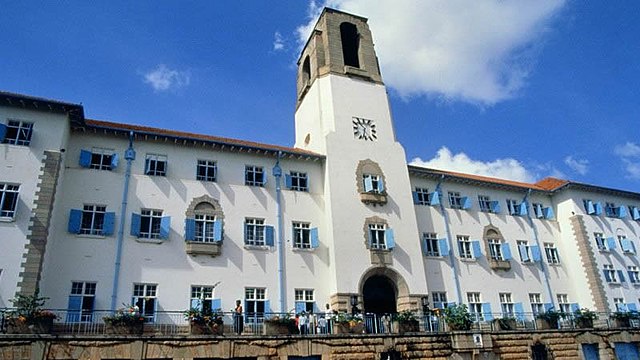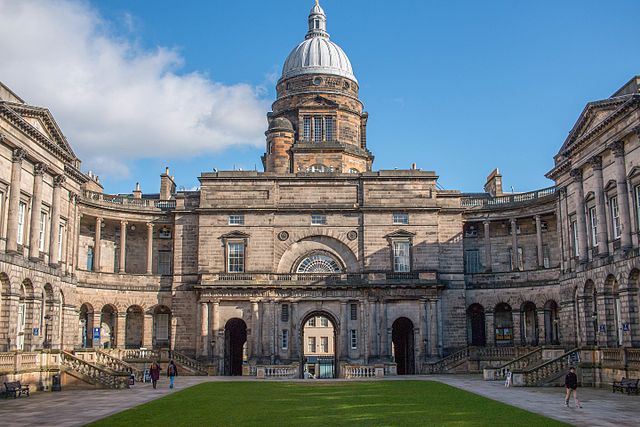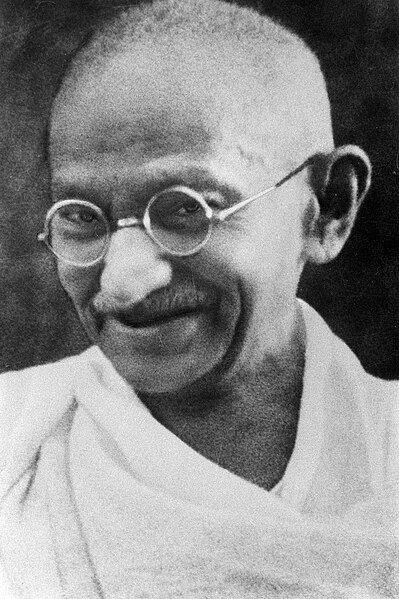African socialism or Afrosocialism is a belief in sharing economic resources in a traditional African way, as distinct from classical socialism. Many African politicians of the 1950s and 1960s professed their support for African socialism, although definitions and interpretations of this term varied considerably. These politicians include Julius Nyerere of Tanzania, Kwame Nkrumah of Ghana, and Modibo Keita of Mali, among others.
Julius Nyerere
Kwame Nkrumah, the first President of Ghana
President Senghor meeting with President Rafael Caldera of Venezuela
Julius Kambarage Nyerere was a Tanzanian anti-colonial activist, politician and political theorist. He governed Tanganyika as prime minister from 1961 to 1962 and then as president from 1962 to 1964, after which he led its successor state, Tanzania, as president from 1964 to 1985. He was a founding member and chair of the Tanganyika African National Union (TANU) party, and of its successor Chama Cha Mapinduzi, from 1954 to 1990. Ideologically an African nationalist and African socialist, he promoted a political philosophy known as Ujamaa.
Nyerere in 1975
The main building at Makerere University in Uganda, where Nyerere studied a teacher training course
The Old College in Edinburgh
In campaigning for Tanganyikan independence using non-violent methods, Nyerere was inspired by the example of Indian independence leader Mahatma Gandhi.







